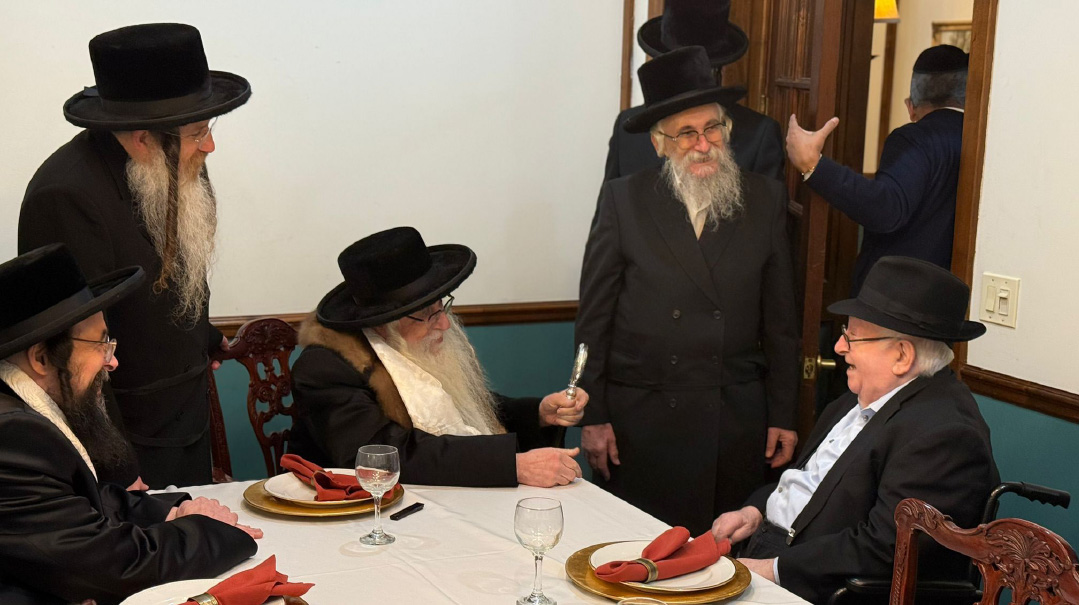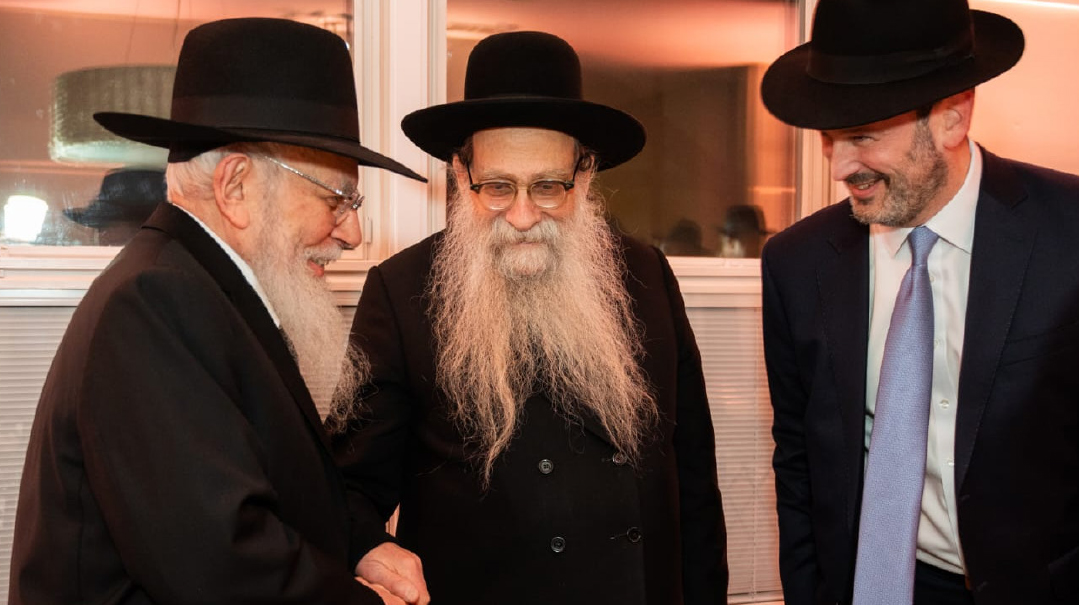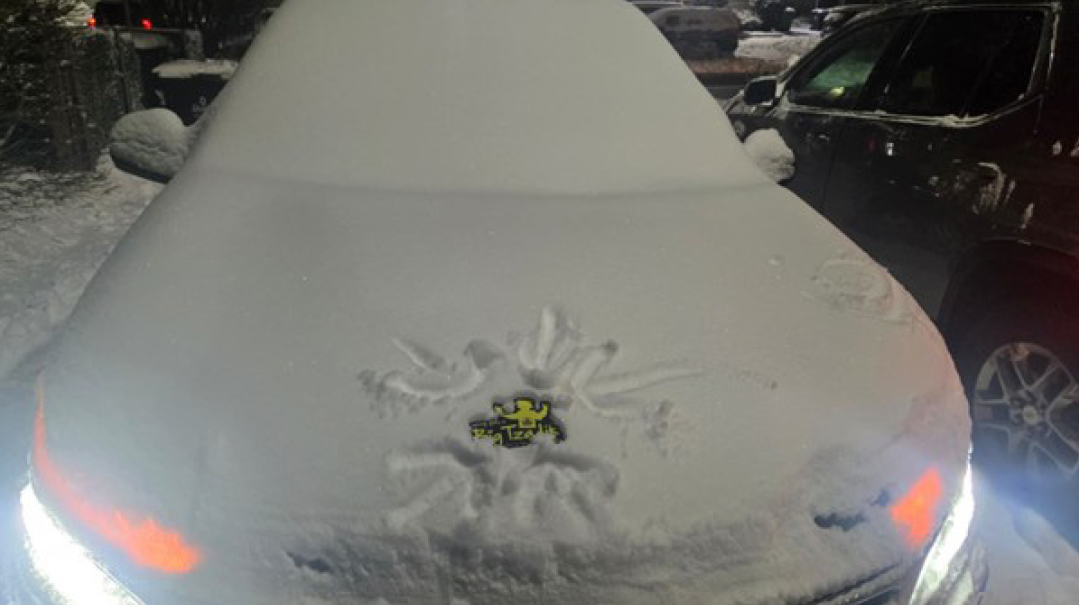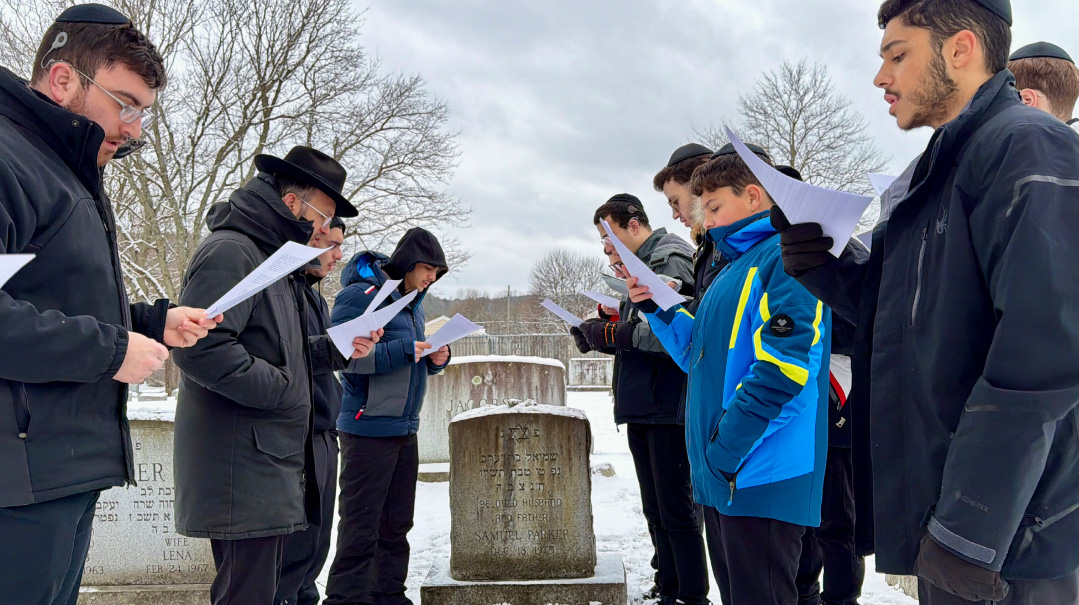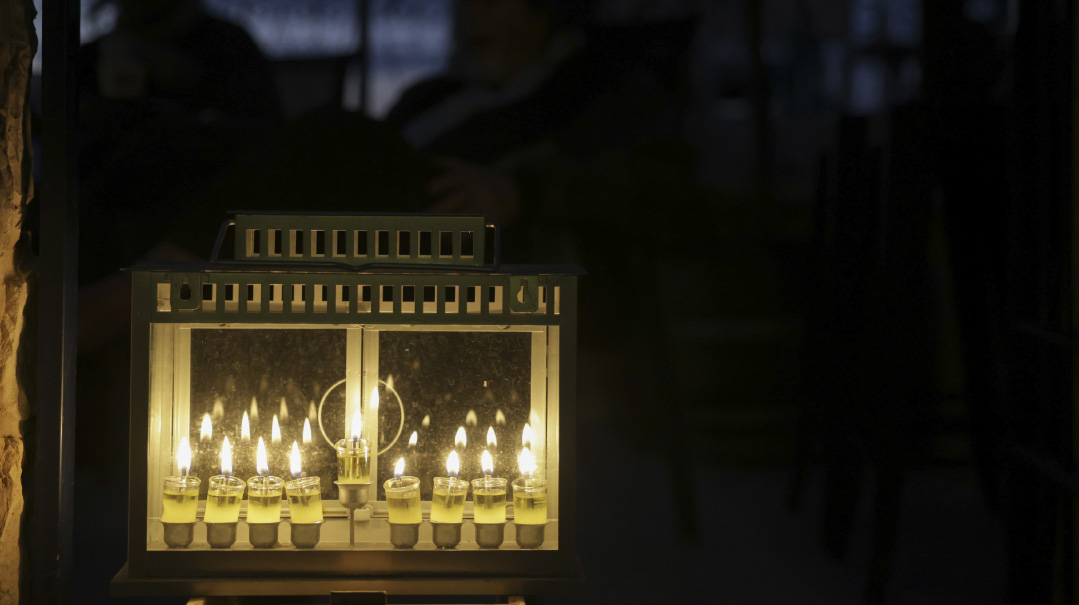Living Higher: Issue 916
| June 21, 2022Jake’s father learned that day that some bindings bring the greatest sense of freedom
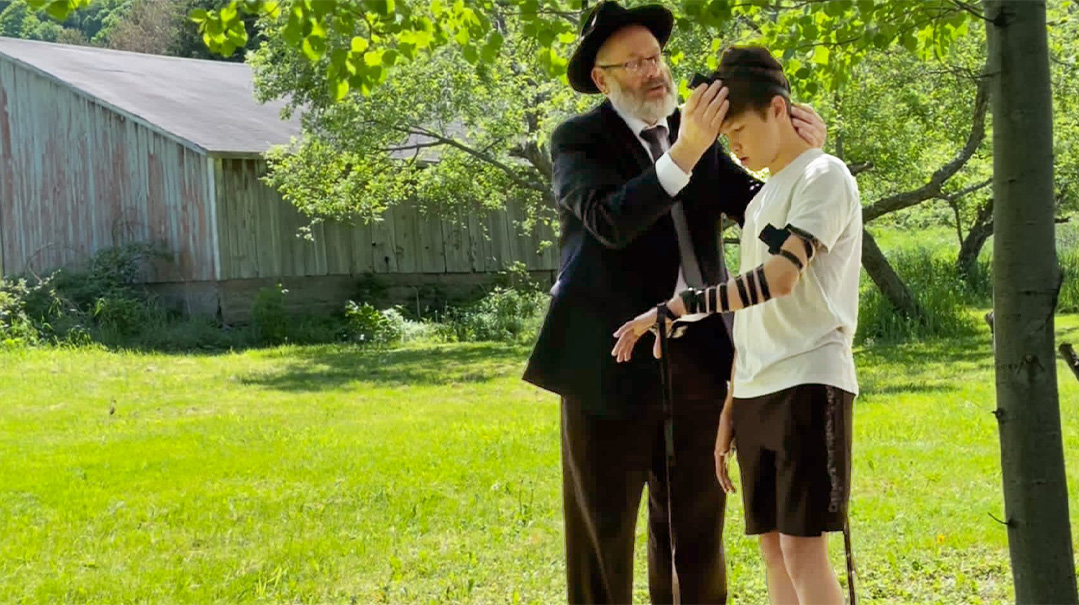
There’s something about tefillin, something that manages to circumvent the intellect and reach deep within.
A Jewish family from Brighton rented a house in upstate New York to celebrate their son’s bar mitzvah. Uneducated in anything religious, they weren’t quite sure what they were celebrating. They reached out to the local Chabad shaliach, who realized that Oorah was holding a shabbaton nearby that week. He put them in touch with Rabbi Yisroel Kleinman, a veteran Oorah volunteer, who assured the shaliach he’d be there for the bar mitzvah bright and early Sunday morning.
Upon arrival, Rabbi Kleinman met Jake, an earnest young boy who’d been deprived of his heritage but was eager to learn. Rabbi Kleinman gave it his best shot: “We’re not going to have time to discuss all the responsibilities that a Jew has,” he told Jake, “but let’s at least start today by learning about the mitzvah of tefillin.”
He gave Jake a yarmulke, took out his own tefillin, and wrapped them around Jake’s head and arm, helping him enunciate the brachos. The crowd followed every move in fascination. Turning toward the audience, Rabbi Kleinman helped them all recite Shema, then instructed the men to line up to take a turn with the tefillin. They all happily obliged — all but one, that is.
Jakes father had grown up in Russia, where he’d been indoctrinated against religion. Now as all the other men took turns putting on the tefillin, he stood frozen, seemingly chained in place by his past. But as Rabbi Kleinman began to pack up, he approached, and slowly rolled up his sleeve. Rabbi Kleinman bound the tefillin tightly around his arm, and his tears flowed. Jake’s father learned that day that some bindings bring the greatest sense of freedom.
(Originally featured in Mishpacha, Issue 916)
Oops! We could not locate your form.

